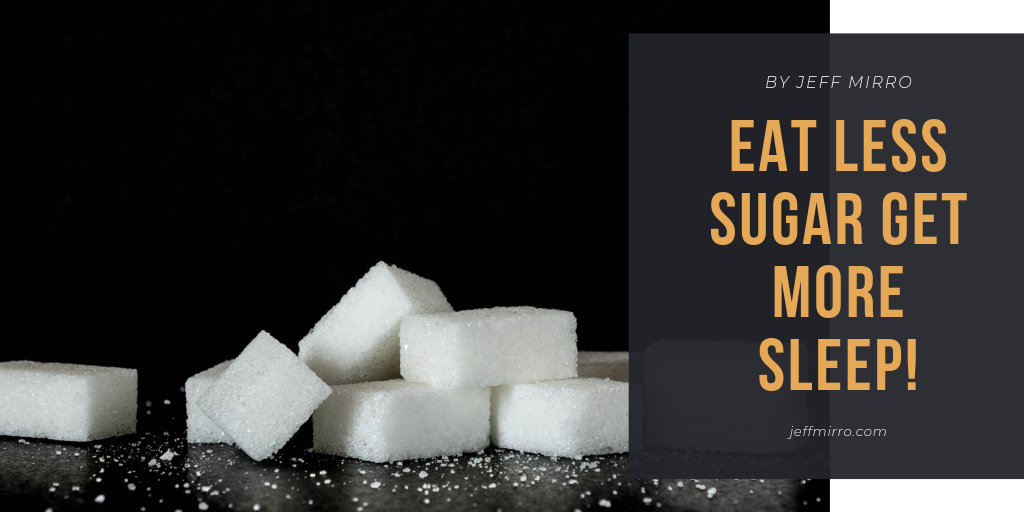This post isn’t really about the fact that if you eat less sugar, or no sugar, especially closer to bedtime, you will get more sleep and better sleep, although this is true. This is really about the effects of doing each of these things, eating less sugar, and getting more sleep, (along with intermittent fasting, of course) and the benefits this will provide in your life.
The fact that sugar is basically poison and the most harmful thing in our diets should be common knowledge by now, but the truth has been hidden from a lot of people, especially in North America, and those that do know simply don’t care, because the stuff is so damn good and addictive. I will be the first to admit to the fact that sugar and foods and beverages containing sugar taste amazing. Still, this is no reason to consume them. Few things could be more damaging to your health. If you choose to go on consuming sugar and sugar-based foods and drinks, you are sacrificing lifelong good health for a 5-second pleasant sensation on your tongue. I personally don’t think that’s a good trade-off.
The sugar industry and big food companies have been lying to us for more than 100 years and downplaying the negative effects of sugar on our weight and our overall health. Read the Sugar Conspiracy article from The Guardian to learn more about this:
https://www.theguardian.com/society/2016/apr/07/the-sugar-conspiracy-robert-lustig-john-yudkin
Long story short: There are a million reasons to not consume sugar and not one good reason to consume it. It has no nutritional benefit, it’s addictive, and it provides nothing but detrimental effects to your health. Grains (of all kinds, especially wheat and bread) are basically in the same boat. More on that in this post: Sugar and Grains are the Problem With Your Diet
Sleep and Intermittent Fasting are Crucial
Then we come to sleep. Obviously, my entire blog is about fasting and the miraculous benefits of autophagy that intermittent dry fasting can provide. But when it comes to your health, I’d have to put a fasting-focused lifestyle as a close second in importance behind getting enough quality sleep. Sleep is number one. If you are chronically sleep-deprived, and not putting enough emphasis on getting a good night’s rest each and every day, I’d say start working on ways to change this immediately. In case you aren’t aware of the benefits of sleep and the problems that arise when you don’t get enough, check out 10 Reasons Why Good Sleep is Important
The good news is that intermittent fasting, among dozens of other benefits, can help you get a better night’s sleep. I’ve found this to be true, after a short adaptation period. Check out this article from MindBodyGreen.com: How Intermittent Fasting Eliminated My Insomnia + Helped Me Lose Weight Effortlessly
So cut the sugar (and grains) out of your diet, make a commitment today to getting more quality sleep each and every night, make purified water your drink of choice, adopt a daily exercise routine, follow a fasting-focused lifestyle, and watch your health soar.

